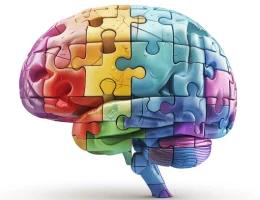The Jouve-Cerebrals Crystallized Educational Scale (JCCES) has been thoroughly evaluated for its reliability and consistency. This large-scale study, involving 1,079 examinees, utilized both Classical Test Theory (CTT) and Item Response Theory (IRT) methods to analyze the scale’s performance and internal structure. Background The JCCES was developed to measure crystallized cognitive …










